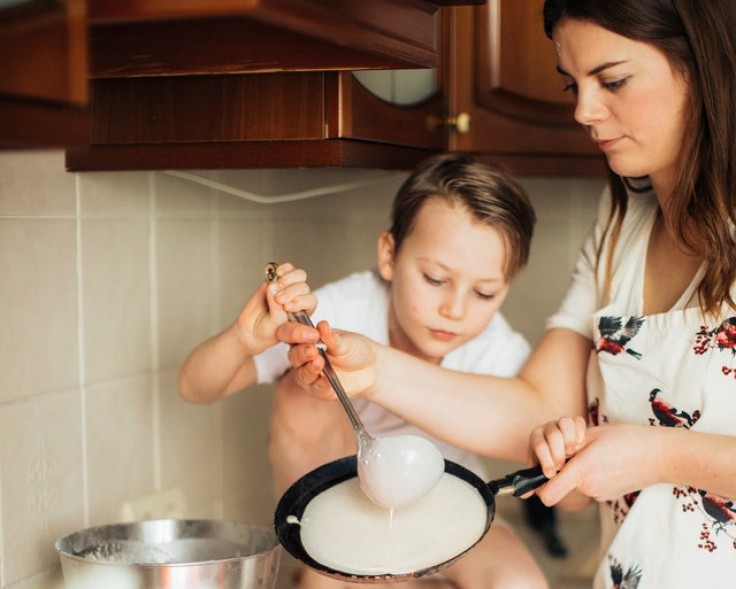
Psychologists call behaviors like helpfulness, generosity, and caring as "prosocial" behaviors. These behaviors are believed to be the foundation of morality.
Experts say that such behaviors are essential for an individual to succeed. That is why societies are doing their best to embed these behaviors to children. At a young age, they are taught how to be "prosocial."
However, what could be the best ways to teach "prosocial" behaviors?
Children have natural inclinations to exhibiting prosocial behaviors. Experimental evidence shows that kids are spontaneously kind and helpful. Kids are also inclined to helping because, for them, it feels good. However, when pressured by an adult, children are less likely to help.
Research suggests that there are positive ways that parents may follow to encourage prosocial behavior among children.
Sustain a child's empathy and emotional intelligence
According to experts, the factors that lead to empathy and empathic concern is highly associated with helpfulness in children. Through empathy, people become better at helping. It is like learning to understand what other people need.
To be able to teach children empathy, one must be a model. Also, when children understand what they have in common with other people, it will help them learn how to have an empathic concern.
Praise children when there is a spontaneous act of kindness and helpfulness
Children like being praised. In experiments where praising children were observed, it was seen that there was no negative impact on a child's inclination to share.
In separate studies conducted in 2006 and 2007, it was observed that mothers who give preschooler children praises are more likely to have kids who are generous and helpful.
For older children, giving praise could be motivating. However, they can easily notice if you use this to manipulate them into becoming helpful. When they do, it could backfire to parents, so parents need to be careful.
Give children a sense of security
When children are threatened, they are less likely to be helpful, sharing, or generous.
Even attachment relationships can be a reason as to why children do not like to share. If a child is insecurely attached to parents, they are less likely to share. On the other hand, children who feel securely-attached to parents are seen to be more comforting to others.
Studies also show that children under six tend to be self-protective, especially after a disaster.
Practice prosocial behavior through evidence-based activities
Research shows that cooperative games and activities help hone the communication skills of children. These skills are important to ensure that they also become effective helpers.
Some of the effective evidence-based activities include:
- Taking turns games like rolling a ball back and forth or handing toys to each other. This way, children feel they can trust their playmates.
- Music-making and rhythm games to foster supportive behavior. When playing games like these, children do not hesitate to help other children as the game continues.
- Games where facial expressions are read. Through practice, children can learn and improve their face-reading skills so that they become more "prosocial" to others.